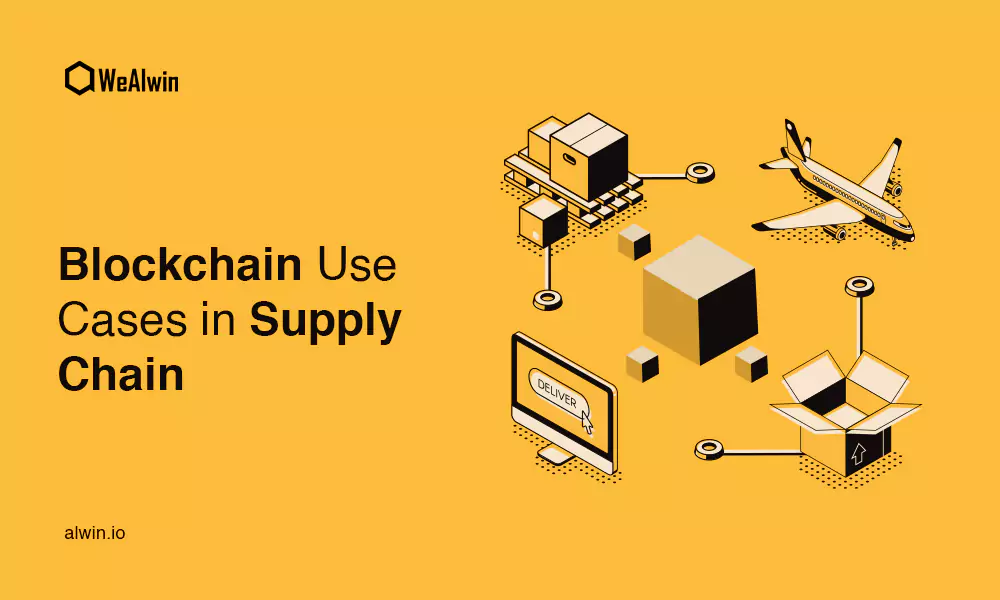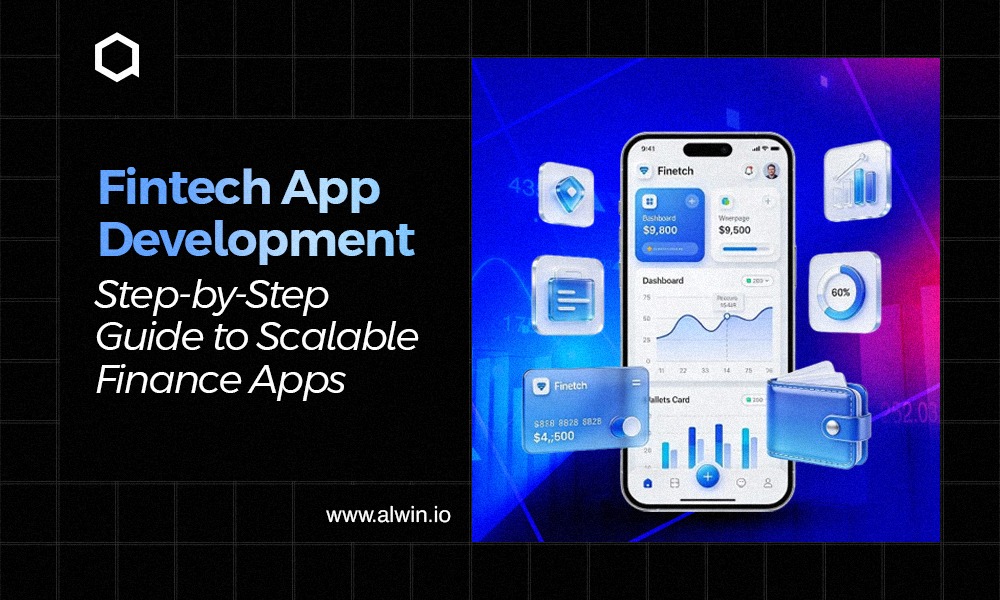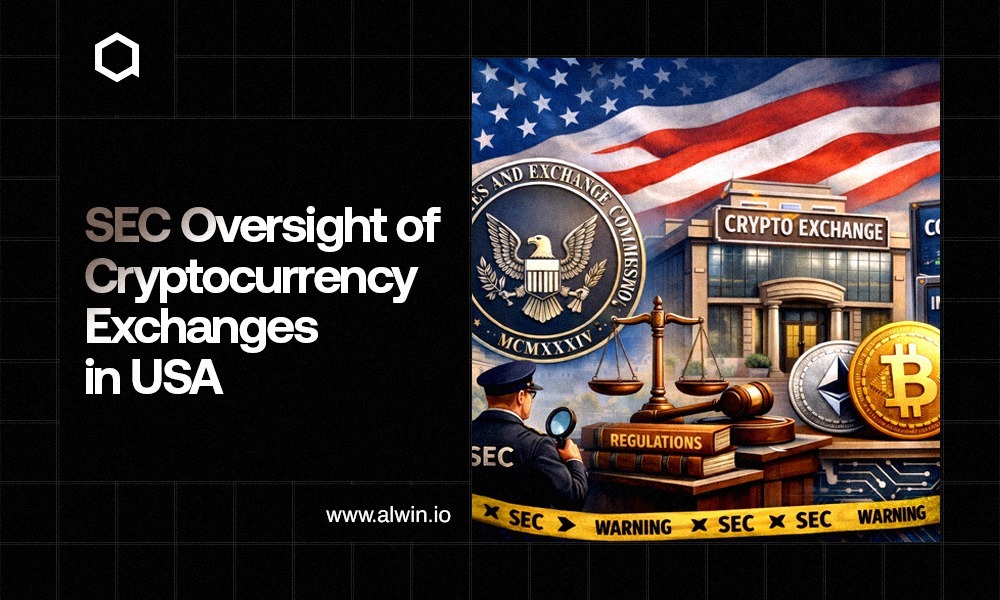Imagine a world where every item you buy can be tracked from its origin to your doorstep with pinpoint accuracy, and there's a technology making this possible: blockchain. Beyond its fame in the world of cryptocurrency, blockchain technology is revolutionizing supply chain management.
By increasing transparency and efficiency, it’s making the movement of goods safer and more reliable. This blog will dive into how blockchain is transforming the supply chain and logistics industry, making it easier for businesses to thrive and for consumers to trust the products they use daily. Let's explore this fascinating intersection of technology and logistics together!
Blockchain Technology in Supply Chain Management
Supply Chain Management (SCM) oversees the flow of goods and services, from the raw material stage through the delivery of the final product to the consumer. It involves coordinating and integrating these flows both within and among companies.
The ultimate goal of SCM is to reduce inventory, increase the speed of transaction flows, and ensure that the right products reach the right consumers at the right time. However, traditional supply chains often face challenges such as a lack of transparency, efficiency, and security.
Benefits of Integrating Blockchain into Supply Chain Management
Increased Transparency
One of the standout benefits of using blockchain in supply chain management is the increase in transparency it offers. With blockchain, every transaction and its associated value are recorded and visible to all participants. This means that suppliers, manufacturers, distributors, and retailers can have access to the same information in real-time, leading to an enhanced understanding and trust between parties. Moreover, this level of transparency helps in tracking the authenticity of the products, reducing the chances of counterfeit goods entering the supply chain.
Enhanced Security
Blockchain's decentralized nature and cryptographic algorithms significantly enhance the security of the supply chain. Each transaction on the blockchain is linked to the previous and subsequent transaction, creating a chain that is virtually impossible to alter. This means that every step of the supply chain, from sourcing raw materials to delivering the final product, can be securely and accurately tracked and verified. Such an environment minimally exposes the supply chain to fraud, theft, and unauthorized activities, safeguarding sensitive information and goods.
Improved Efficiency
Integrating blockchain into the supply chain also leads to improved efficiency. By automating and streamlining processes with smart contracts (self-executing contracts with the terms directly written into code), blockchain can significantly reduce paperwork and administrative costs.
This automation ensures that contracts are executed as soon as conditions are met, without the need for intermediaries. As a result, the time taken for processes such as verification, processing, and settlement is greatly reduced. This not only speeds up the entire supply chain but also reduces the potential for human error, making the process more efficient and reliable.
Challenges and Limitations of Blockchain Technology in Supply Chain Management
Despite the promising benefits, integrating blockchain into supply chain management is not without its hurdles. Companies considering blockchain must navigate through several challenges and limitations.
Scalability Issues
One of the prominent challenges faced by companies is the scalability of blockchain technology. As the volume of transactions increases, the size of the blockchain grows, potentially slowing down processing times and increasing costs.
This can be particularly problematic for large-scale supply chains that handle vast amounts of data and transactions daily. Finding ways to scale blockchain solutions without compromising on speed or cost is a significant concern for businesses.
Consult with our business experts to Scale Your Business with Blockchain Technology Chat with us on WhatsApp
Regulatory Concerns
Another challenge is navigating the complex web of regulations across different jurisdictions. Given blockchain's relatively recent emergence, many regulatory frameworks are yet to catch up, creating uncertainty for businesses operating internationally.
Companies must ensure their blockchain solutions comply with varying regulations regarding data privacy, cross-border transactions, and product standards. This requires diligent monitoring and adaptation to the ever-changing legal landscape, adding another layer of complexity to blockchain implementation in supply chains.
Use Cases of Blockchain in Supply Chain
Supply chain finance: Blockchain streamlines invoice processing and enables immediate payments upon delivery through smart contracts.
Supply chain logistics: By verifying and recording transactions autonomously, blockchain eliminates intermediaries, enhancing supply chain efficiency.
Supplier payments: Blockchain facilitates fast, secure international payments, as seen in the coffee industry where farmers receive direct payments upon sale.
Cold chain traceability: Combining blockchain with IoT sensors ensures real-time monitoring of environmental conditions for products like food and pharmaceuticals.
Food safety: Blockchain enhances transparency in tracking product movement, aiding in the swift identification and removal of food safety issues within the supply chain.
Future Implications of Blockchain Technology on Supply Chain Management
In a recent global corporate survey by Verdantix, 88% of 301 decision-makers prioritized improving supply chain visibility for their firms in 2023. Likewise, 85% of companies in an ESG and sustainability survey recognized supply chain risks as a significant factor in their agendas.

Blockchain, a digital technology creating a decentralized, transparent, and secure digital ledger, can enhance supply chain management. It facilitates the recording and sharing of information across a computer network without a central authority. In supply chain contexts, blockchain establishes a shared, immutable record of transactions and data related to the movement of goods, enhancing transparency, traceability, and efficiency.
For instance, companies can use blockchain to trace raw materials from source to retailer, ensuring ethical and sustainable sourcing and adherence to standards. Blockchain also mitigates fraud and errors through smart contracts, automating certain supply chain processes based on predefined conditions.
Several firms, such as Dow Chemical and De Beers, are leveraging blockchain to improve supply chain management. Dow Chemical collaborated with ChemChain to enhance information disclosure throughout the supply chain, while De Beers developed Tracr, a blockchain platform tracking diamonds from mine to store.
Despite its potential, blockchain adoption for supply chain management faces challenges. Some companies hesitate due to the technology's newness and lack of a proven track record. Scalability concerns also exist, but solutions like off-chain transactions and layer 2 protocols are being developed.
The world of supply chain management is on the cusp of a revolution, made possible by the innovative capabilities of blockchain technology. As we look toward the future, we can expect to see some groundbreaking changes, redefining how products are moved and managed across the globe.
Case Studies: Companies Leveraging Blockchain Technology in Supply Chain
1. Walmart
Walmart actively explores blockchain with IBM's Hyperledger Fabric for better transparency, traceability, and efficiency in food supply chain management.
Key initiatives include a Blockchain-enabled Food Traceability project, ensuring suppliers trace products back to farms within seconds using the IBM Food Trust network.
Walmart achieved over 200 million transactions globally through a $2 billion crypto integration with VeChain, emphasizing sustainability and traceability in the retail food market.
In Canada, Walmart used blockchain to automate invoice management with third-party freight carriers, reducing payment disputes and enhancing operational efficiencies.
The collaboration with VeChain for tracking food products through blockchain technology has gained industry recognition for promoting transparency and sustainability.
2. Ford
Ford actively leverages blockchain technology for various applications, collaborating with IBM to track raw materials such as cobalt from suppliers. This ensures product authenticity and quality.
Beyond cryptocurrencies, Ford explores blockchain to streamline supply chains, reduce costs, and enhance transparency. A survey in the FinTech sector reveals that the top 100 businesses are actively involved in blockchain research, pilot phases, and live services.
Among them, 27 of the top 100 public corporations have fully operational blockchain-based products. In a list of the top 50 companies using blockchain, Ford is highlighted for its collaboration with IBM to track raw materials, ensuring product authenticity.
This initiative underscores Ford's commitment to enhancing supply chain transparency and efficiency through innovative blockchain solutions. In summary, Ford is a key player in adopting blockchain technology, particularly in supply chain management and product tracking, exemplified by their collaboration with IBM.
3. Unilever
Unilever is currently utilizing blockchain technology to oversee its tea industry, actively tracking all transactions in the supply chain and suppliers to uphold quality at every step.
In 2022, the company estimated its annual ICT spending at $1.8 billion, dedicating a significant portion to acquiring ICT services, software, and hardware from vendors.
As part of its digital transformation strategies, Unilever has prioritized data-led innovation, employing emerging technologies like artificial intelligence, big data, blockchain, cloud computing, and IoT to enhance operational efficiency and expedite product development.
Why choose us for Blockchain development services?
When diving into the world of blockchain, especially for boosting your supply chain management, you want partners who are not just tech-savvy but also understand your business needs. That's where we come in.
Our team is composed of blockchain experts who are passionate about leveraging technology to solve complex business challenges. We tailor our solutions to fit your specific needs, ensuring that your transition to blockchain is smooth, effective, and transformative.
Choosing the right blockchain development service is crucial for harnessing the full potential of this technology in supply chain management.
With our deep industry knowledge, technical expertise, and commitment to your success, we are equipped to guide you through this journey. Embrace the future of supply chain management with us and witness a remarkable increase in transparency, efficiency, and security. The blockchain revolution is here, and together, we can lead the charge.



